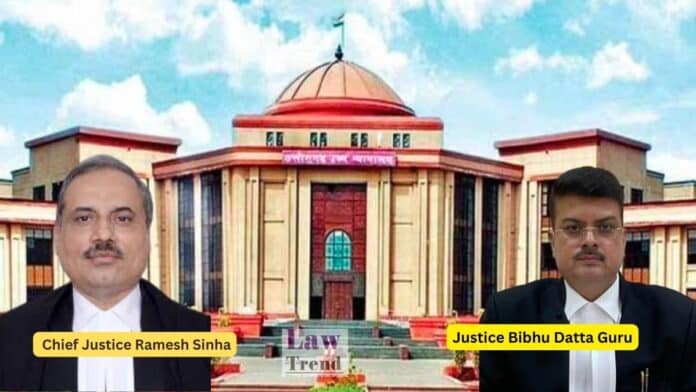A division bench comprising Chief Justice Ramesh Sinha and Justice Bibhu Datta Guru of the Chhattisgarh High Court has ruled that statutory rules framed in the interest of public good cannot be struck down solely because they cause hardship to an individual. The court dismissed a petition challenging amendments to promotion rules for Class IV
To Read More Please Subscribe to VIP Membership for Unlimited Access to All the Articles, Download Available Copies of Judgments/Order, Acess to Central/State Bare Acts, Advertisement Free Content, Access to More than 4000 Legal Drafts( Readymade Editable Formats of Suits, Petitions, Writs, Legal Notices, Divorce Petitions, 138 Notices, Bail Applications etc.) in Hindi and English.




